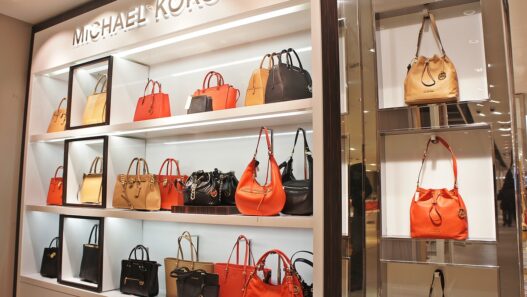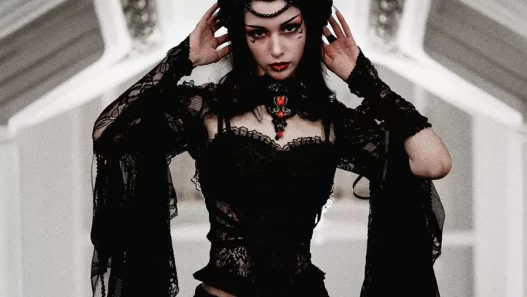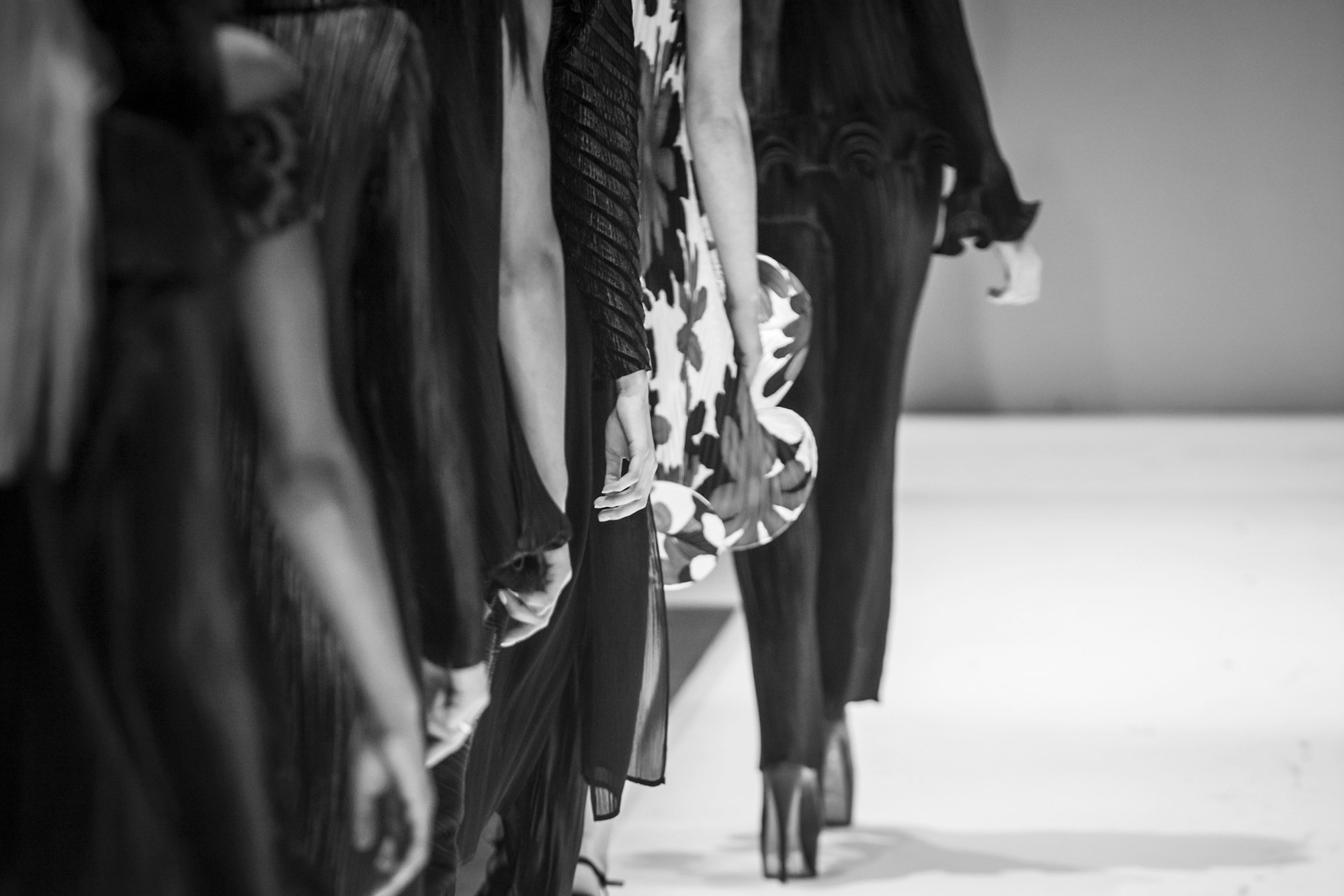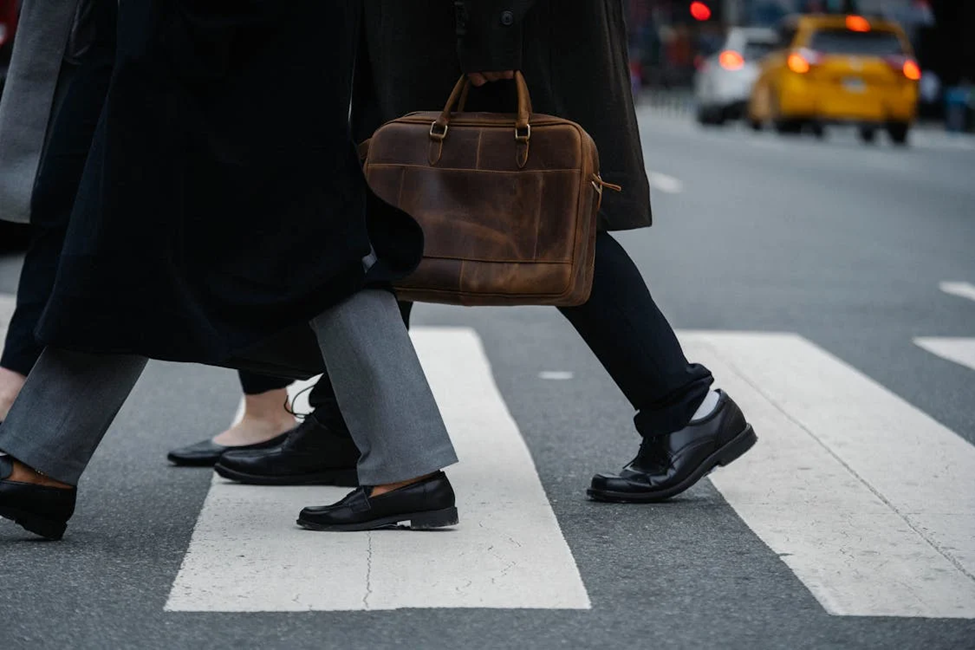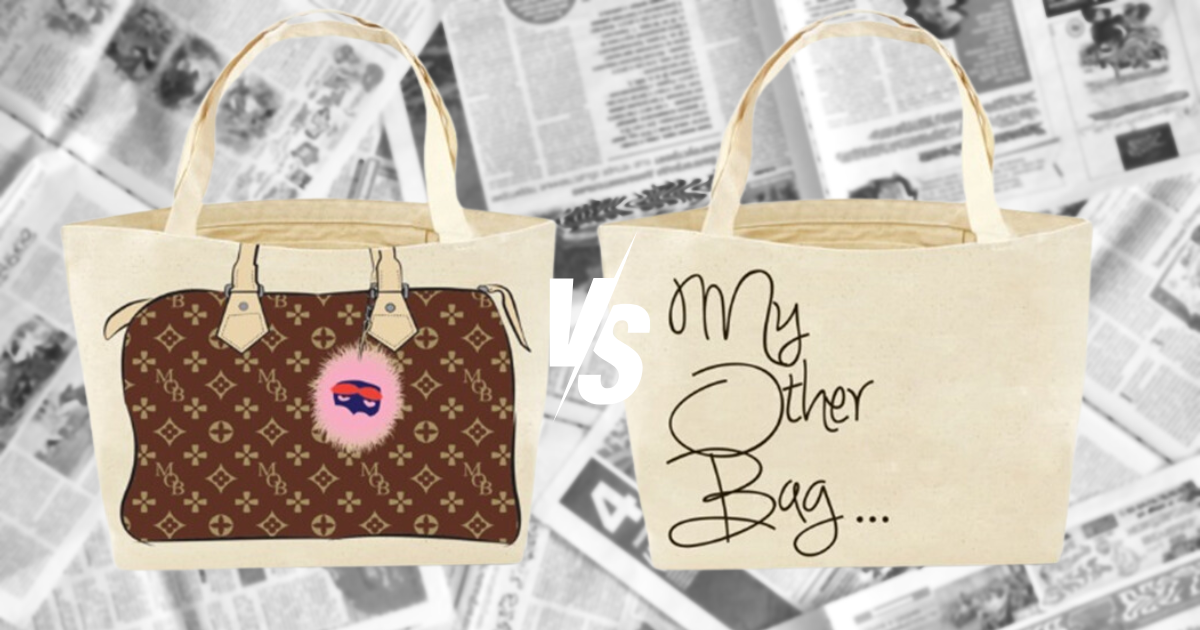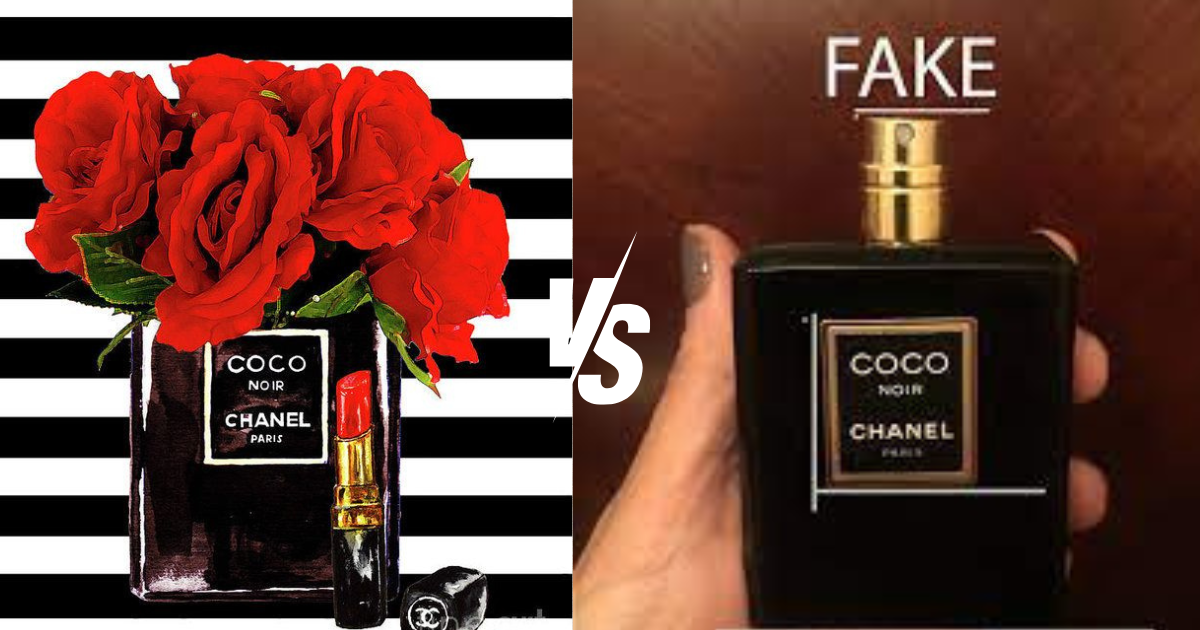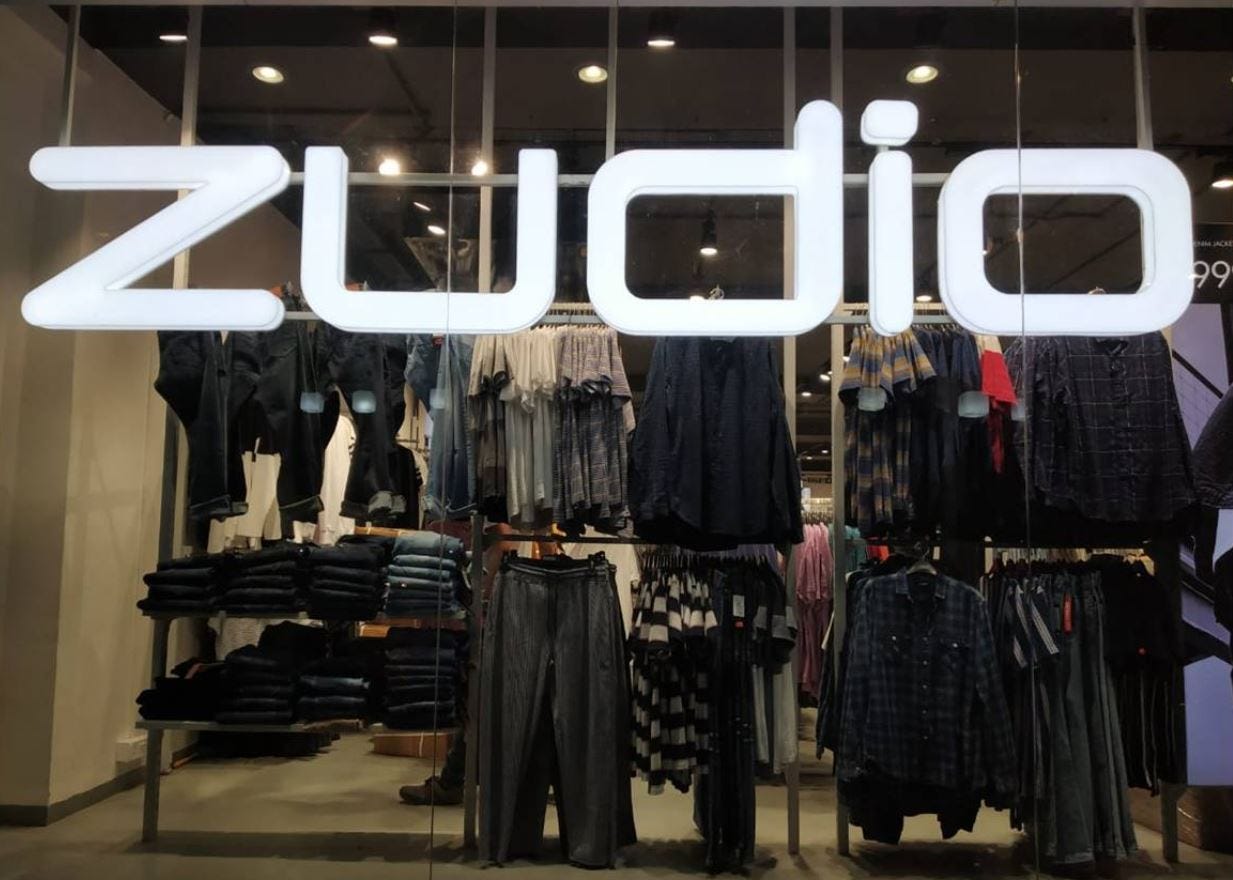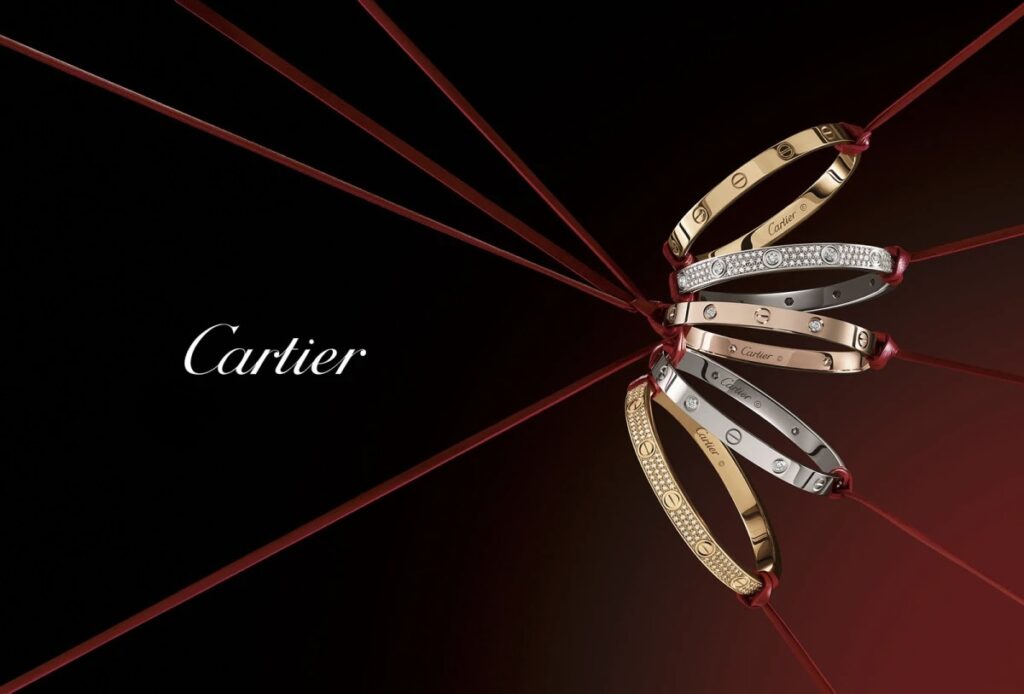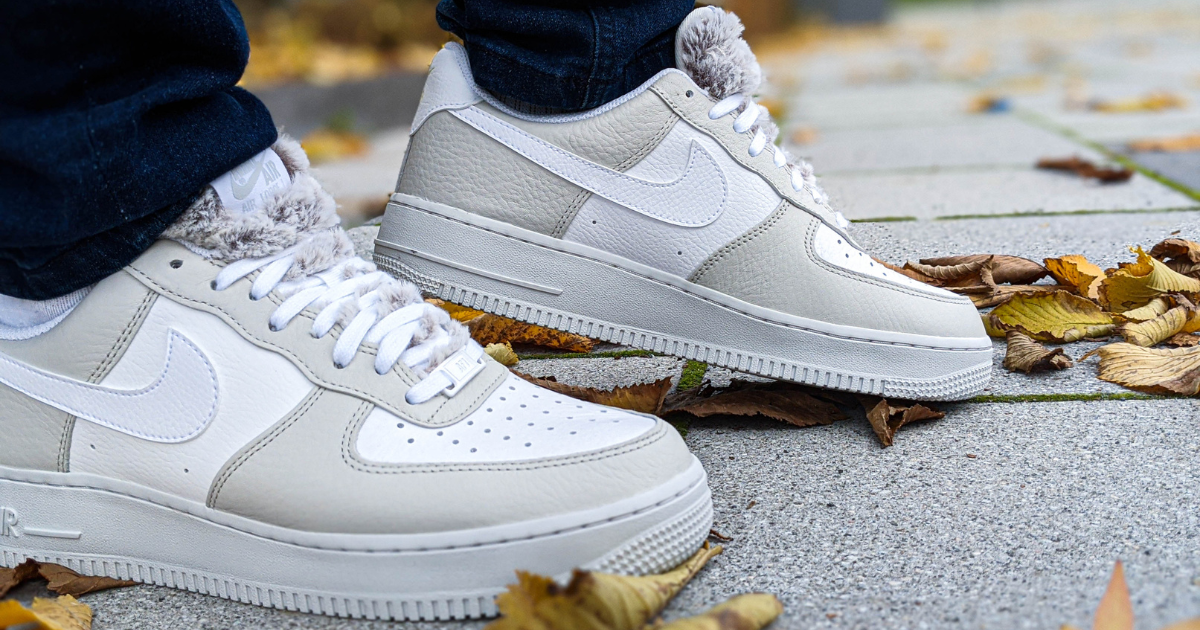Parties-
- Plaintiff: Hells Angels Motorcycle Corporation
- Defendants: Alexander McQueen Trading Limited, Saks Incorporated, Zappos.com, and various retailers.
Facts-
The Hells Angels Motorcycle Corporation (HAMC) sued Alexander McQueen and various retailers, including Saks Incorporated and Zappos.com, for trademark infringement.
The lawsuit, filed on October 25, 2010, in the U.S. District Court for the Central District of California, revolved around the unauthorized use of the Hells Angels’ “Death Head” logo and other trademarks on Alexander McQueen’s clothing and accessories.
HAMC claimed that Alexander McQueen used their protected marks without permission, thereby infringing on their trademarks, diluting their brand, and engaging in unfair competition. The specific items in question included a knuckle-duster ring, clutch bags, and various clothing pieces that prominently featured designs similar to the Hells Angels’ iconic logos.
(Image Source)
At Alexander McQueen’s website one could see that not only is the word ‘Hells’ used on those items, but the entire phrase ‘Hells Angels,’ on a Jacquard dress and a pashmina scarf


HAMC argued that the use of these trademarks on high-fashion items could lead to consumer confusion, falsely suggesting an affiliation or endorsement by the Hells Angels. The plaintiff sought to protect their trademarks from what they viewed as commercial exploitation that could tarnish their image and dilute their brand’s distinctiveness.
The lawsuit emphasized the potential for brand dilution and consumer confusion, key concerns in trademark law. The case was settled out of court in December 2010, with Alexander McQueen agreeing to cease the production and sale of the disputed items.
Decision-
According to Fritz Clapp, the Hells Angels’ attorney, the defendants have consented to remove from their websites and retail locations any items featuring references to the Hells Angels, such as clutches, knuckle-duster rings, the “Hells Angels Jacquard Box Dress,” and pashminas. Additionally, they have stated that they will burn any already-sold items as part of their recall[1].
The Hells Angels case relies on the history of their registrations in place since 1948[2] that prevent the death head from being replicated and used without authorization in jewellery, watches, clocks, earrings, key rings, and other goods[3].
Rationale-
Despite the fact that there was no court ruling because of the settlement, the case emphasizes the significance of the following legal precepts:
Probability of Confusion: The main issue in cases involving trademark infringement. The usage of the iconic HAMC emblems by an upscale clothing line such as Alexander McQueen may mislead shoppers into thinking that the Hells Angels are associated with or endorsing the brand, which is untrue.
Fame and Distinctiveness: HAMC was able to get protection against dilution due to the well-known and distinctive nature of its trademarks.
Unauthorized usage: Trademark infringement and unfair competition laws were directly affected by the marks’ unauthorized usage.
Legal Principles Involved (Indian Law perspective)-
Trademark Infringement
- To establish trademark infringement, the plaintiff must demonstrate:
- Ownership of a valid and registered trademark.
- The defendant’s use of an identical or deceptively similar trademark in a manner that is likely to cause confusion or deception among the public regarding the source, affiliation, or endorsement of the goods or services.
- Infringement also includes the unauthorized use of a trademark in advertising or trade that takes unfair advantage of, or is detrimental to, the distinctive character or repute of the registered trademark.
Trademark Dilution
- Trademark dilution protection extends to well-known trademarks, regardless of the presence of competition or likelihood of confusion.
- Dilution by blurring occurs when the unauthorized use of a well-known trademark reduces its distinctiveness, even if there is no direct competition or confusion.
- Dilution by tarnishment occurs when the unauthorized use of a well-known trademark harms its reputation or creates an adverse association, thereby diminishing its value.
Unfair Competition
Unfair competition involves any business practices that mislead consumers about the origin, sponsorship, or endorsement of goods or services, thereby causing economic harm to the rightful trademark owner.
- This principle encompasses acts of passing off, where one party misrepresents their goods or services as those of another, leading to potential damage to the trademark owner’s goodwill and reputation.
Implications for the Fashion Industry
The Hells Angels v. Alexander McQueen case highlights a number of significant trademark law and intellectual property rights ramifications for the fashion industry.
- Vigilance in Trademark Use:
Due Diligence: Before adding recognizable trademarks or symbols into their designs, fashion brands must carry out exhaustive trademark searches and obtain the required licenses. This procedure reduces the possibility of unintentionally violating already-registered trademarks.
Legal Compliance: Making sure trademark rules are followed helps brands stay out of expensive legal disputes and protect their reputations. Businesses should set up thorough internal procedures for reviewing new designs in order to spot and resolve any trademark disputes as soon as possible during the creation stage.
- Risk of Litigation:
Expensive Legal Battles: This case emphasizes the serious risks to one’s finances and reputation that come with trademark infringement. Legal challenges can lead to costly recalls and discontinuations of infringing items, as well as costly settlements, court costs, and possible damage judgments.
Precedent and Deterrence: Notoriety cases such as this one encourage other fashion brands to take trademark law seriously by acting as a deterrent. They emphasize how crucial it is to uphold intellectual property rights in order to steer clear of such legal dangers.
- Brand Protection:
Trademark Registration: In order to obtain legal protection and safeguard their rights against unlawful usage, fashion firms should proactively register their trademarks. A brand’s capacity to defend its intellectual property in court is strengthened by registration.
Monitoring and Enforcement: In order to protect their rights, brands need to keep a close eye out for any possible violations in the market and move quickly to stop them. This could entail filing lawsuits or delivering cease-and-desist letters to stop unauthorized usage of their trademarks.
- Collaboration and Licensing:
Strategic Alliances: The case emphasizes how crucial it is to sign appropriate license contracts before utilizing identifiable marks like logos or symbols. Well-known trademarks can be lawfully included into fashion designs through licensing agreements, which guarantee both parties’ benefits and legal protection.
Creative Collaborations: In order to develop exclusive lines that take advantage of the popularity of trademarks while maintaining compliance with intellectual property rules, fashion firms may want to consider working directly with trademark owners.
- Consumer Perception and Brand Integrity:
Brand Image: Unauthorized use of trademarks can damage a brand’s perceived exclusivity and legitimacy by confusing consumers. Respecting other people’s intellectual property is essential to keeping your brand integrity intact.
Market Trust: Fashion firms can establish and preserve consumer trust by abiding by trademark rules, which guarantees that their items are viewed as genuine and unique rather than copycat or infringing.
To sum up, the legal dispute between Hells Angels and Alexander McQueen highlights the significance of trademark defence and the possible legal ramifications for fashion labels who disregard intellectual property rights. The case emphasizes the necessity of using trademarks with due caution as well as the wider ramifications of trademark infringement and dilution in the fashion sector.
Author: Diya Kohli- O.P. Jindal Global University
[1] Charlotte Cowles, Alexander McQueen Settles With Hells Angels by Agreeing to Destroy Merchandise With Skull Logo dated- November 3, 2010 at https://www.thecut.com/2010/11/alexander_mcqueen_settles_with.html (Accessed on June 26, 2024)
[2] Author, The Hells Angels Settle Lawsuit Against Alexander McQueen, Saks, and Zappos.com dated- November 3, 2010 at https://www.nbcnewyork.com/local/thread-42/1901897/ (Accessed on June 26, 2024)



